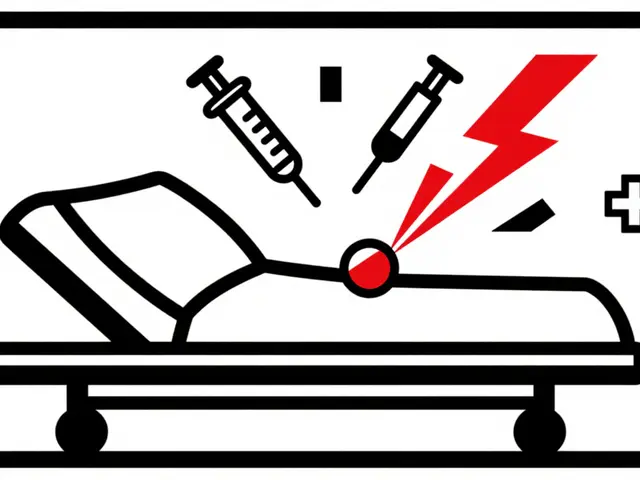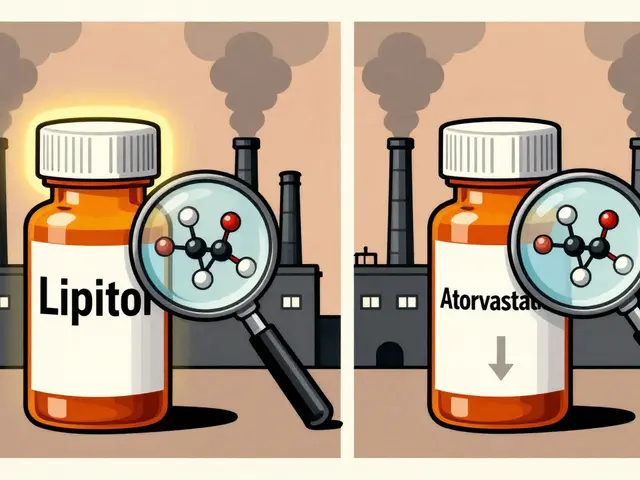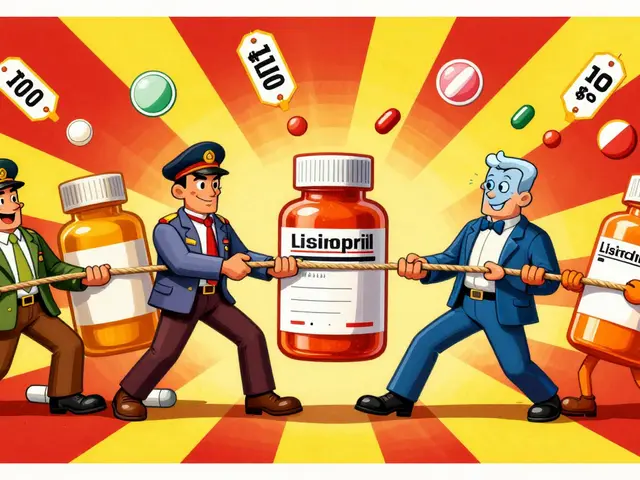Rx Discount Codes: Your Shortcut to Lower Prescription Bills
If you’ve ever stared at a pharmacy receipt and winced, you know how quickly medication costs can add up. The good news? A solid Rx discount code can shave off a big chunk of that price. In this guide we’ll show where to hunt for legit codes, how to apply them without any hassle, and what pitfalls to avoid so you keep your health and wallet happy.
Where to Find Reliable Rx Discount Codes
The internet is full of “free” coupons, but not all of them work. Start with trusted sources: the drug manufacturer’s own website, reputable coupon platforms like GoodRx or Blink Health, and your pharmacy’s loyalty program. These sites update daily and usually list a code that matches the exact dosage you need.
Another gold mine is your doctor’s office. Many prescribers hand out printable coupons during appointments, especially for brand‑name drugs that aren’t covered by insurance. If you’re on a chronic medication, ask your pharmacist if they have any in‑store promotions – some chains run weekly “discount days” that require a simple code entered at checkout.
Social media groups focused on specific conditions (e.g., diabetes forums) also share fresh codes. Just make sure the group is moderated and members verify each link before posting. A quick Google search of the drug name plus "coupon" can reveal recent offers, but keep an eye on the expiration date – a stale code won’t work.
How to Use a Code Safely at the Pharmacy
When you’ve got a code in hand, the process is usually three steps. First, present the coupon before the pharmacist processes your prescription. Some stores let you upload it through their app; others prefer a printed copy.
Second, confirm that the discount applies to the exact brand, strength, and quantity you’re getting. A mismatch can nullify the deal or even cause a price bump. If the pharmacy system flags an issue, ask for clarification – they can often adjust it on the spot.
Finally, double‑check the final total before you sign anything. The discounted amount should match what the coupon promised. If something looks off, don’t be shy about asking for a recount; most cashiers are happy to re‑run the calculation.
One safety tip: never share your personal health information on sites that ask for it just to give you a code. Legitimate coupons only need the drug name and dosage – any request for insurance numbers, credit card details, or social security info is a red flag.
Using Rx discount codes doesn’t replace insurance coverage, but it can lower out‑of‑pocket costs dramatically. Combine a coupon with your insurance’s co‑pay to see the biggest savings.
Bottom line: start with reputable sources, verify the code matches your prescription, and confirm the price before you pay. With these simple steps, cutting down on medication expenses becomes almost automatic – no need for guesswork or risky websites.






